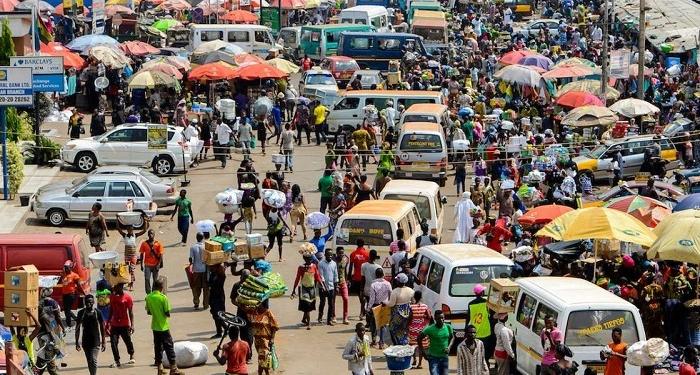Fitch Solutions Revises Ghana’s 2025 Growth Forecast Upwards to 4.9% on Easing Inflation and Stronger Cedi
UK-based research firm, Fitch Solutions, has projected a stronger growth outlook for Ghana over the remainder of 2025, supported by easing inflation and a relatively stable exchange rate.
In its September 2025 Monthly Outlook, Fitch Solutions noted that while fiscal consolidation, elevated interest rates, and plateauing oil production will moderate growth, the economy remains on a firm recovery path.
“We have revised our 2025 real GDP growth forecast for Ghana from 4.2% to 4.9%, following a stronger-than-expected Q1 outturn of 5.3% year-on-year, underpinned by improved agricultural outputs,” the report stated.
The firm expects growth to remain robust at 5.0% in 2026, driven by lower inflation, monetary easing, and a likely increase in public spending as Ghana’s IMF-supported programme winds down — a period often characterised by fiscal slippages.
According to data from the Ghana Statistical Service (GSS), economic growth slowed to 4.5% in July 2025, compared to 8.3% recorded during the same period in 2024. The Agriculture sector recorded the strongest performance, expanding by 8.0%, a rebound from 2.4% in July 2024.
Fitch Solutions further projected that inflation will ease to 8.0% by end-2025, from 11.5% in August, the lowest level in four years.
“A relatively strong cedi and subdued global energy prices will support consumer confidence and private consumption,” Fitch Solutions added.
Meanwhile, the International Monetary Fund (IMF) has forecast Ghana’s economic growth at 4.0% for 2025, slightly below the government’s 4.4% target set in the 2025 national budget.
Contained in the Fund’s Global Economic Outlook Report released on October 14, 2025, the IMF anticipates growth to pick up to 4.8% in 2026, reflecting continued recovery under Ghana’s IMF-supported economic programme.
Ghana’s economy expanded by 6.3% in the second quarter of 2025, driven largely by the services sector, which grew by 9.9% and contributed the highest share to GDP.
The upward revision by Fitch Solutions signals renewed investor confidence in Ghana’s macroeconomic trajectory, reflecting improving price stability and stronger fundamentals. However, the firm cautions that sustained growth will depend on continued fiscal discipline, structural reforms, and stability in the foreign exchange market.
Analysts say the outlook reinforces Ghana’s gradual return to macroeconomic stability under the IMF programme but warn that post-programme fiscal management will be crucial to avoiding the historical trend of fiscal slippages that often follow IMF exits.
With inflation is easing and the cedi showing resilience, Fitch’s revised forecast provides a positive signal for the domestic investment climate and business sentiment heading into 2026.








